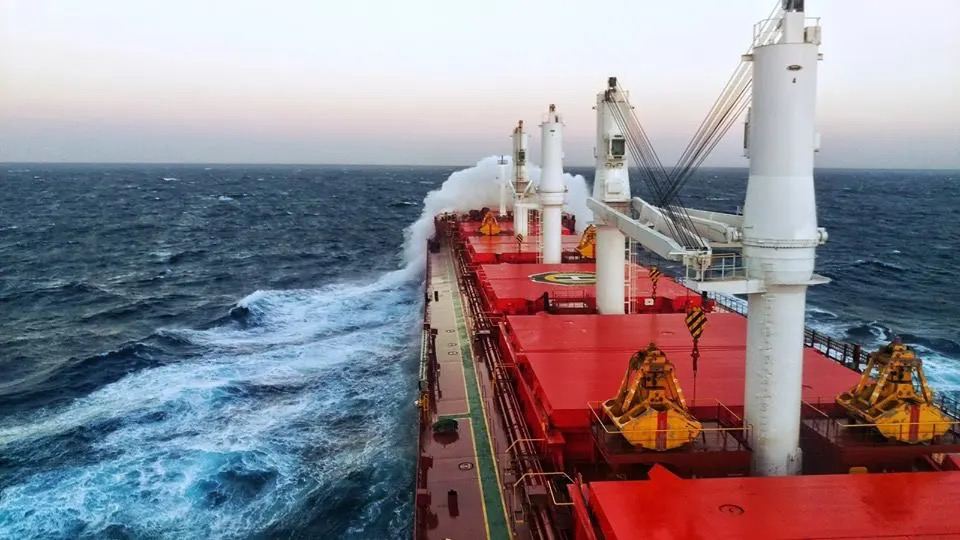
Passenger ships or cargo ships: what to choose for a maritime career
When choosing a type of vessel for work, a sailor considers not only the salary level but also working conditions, career growth prospects, and lifestyle. Passenger and cargo ships each have their advantages and disadvantages. To make the right decision, it is essential to take into account the specifics of working on passenger and cargo vessels.
Passenger Ships: What to Expect?
Working on passenger ships has its particularities, which may not suit every sailor. Such vessels include cruise liners, ferries, and boats for transporting passengers.
Advantages:
- Stable schedule and short contracts. Usually, the duration of voyages is shorter than on cargo ships, allowing for more frequent returns home.
- Developed infrastructure on board. Cruise liners are equipped with comfortable facilities for the crew: gyms, libraries, leisure areas.
- Working in an international environment. Often, passenger ships gather crews from various countries, broadening horizons and communication skills.
Disadvantages:
- Intensive communication with passengers. For sailors who value solitude, this may become a stressful factor.
- High service demands. The crew must possess good communication skills and be prepared to work with clients.
- Limited career opportunities. The passenger fleet is less flexible for those who wish to change their specialization or switch to another type of vessel.
Cargo Ships: Advantages and Challenges
The cargo fleet encompasses a wide range of vessels: bulk carriers, container ships, tankers, LNG/LPG carriers, chemical carriers, and others. This line of work is considered more technical and less dependent on interaction with people.
Advantages:
- Higher salary levels. On tankers, LNG/LPG, and container ships, the salary is usually higher than on passenger ships.
- Career growth opportunities. Cargo ships often offer more options for development: specialization changes, moving to larger DWT, or another type of fleet.
- Autonomy of work. Working with cargo is usually less interactive than with passengers.
Disadvantages:
- Long contracts. Voyages on cargo ships can last several months, complicating communication with family.
- Less comfortable conditions. The infrastructure for the crew on cargo ships is not as developed as on cruise liners.
- More challenging working conditions. Sailors often have to work with hazardous cargoes or in extreme weather conditions.
What to Consider Before Choosing?
- Your goals. If you are focused on stable income and
Other news

Financial literacy for sailors: how to set sail without debts and create passive income
Rapid career growth and high income present a serious challenge for sailors, [...]

How to Increase Your Chances of Employment at Sea
Employment in the maritime industry can be challenging due to high competition, [...]

Average Salaries of Sailors: What Affects Income
The work of a sailor is a unique profession where the salary [...]
